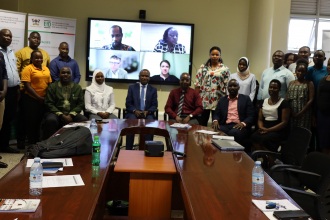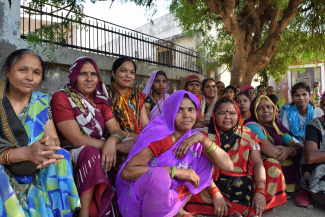Universal Credit: Welfare Reform and Mental Health
The UK Universal Credit (UC) welfare reform simplified the benefits system whilst strongly incentivising a return to sustainable employment. Exploiting a staggered roll-out, we estimate the differential effect of entering unemployment under UC versus the former system on mental health. Groups with fewer insurance possibilities - single adults and lone parents - experience a mental health deterioration of 8.4-13.9% sd.For couples, UC partially or fully mitigates mental health consequences of unemployment.





